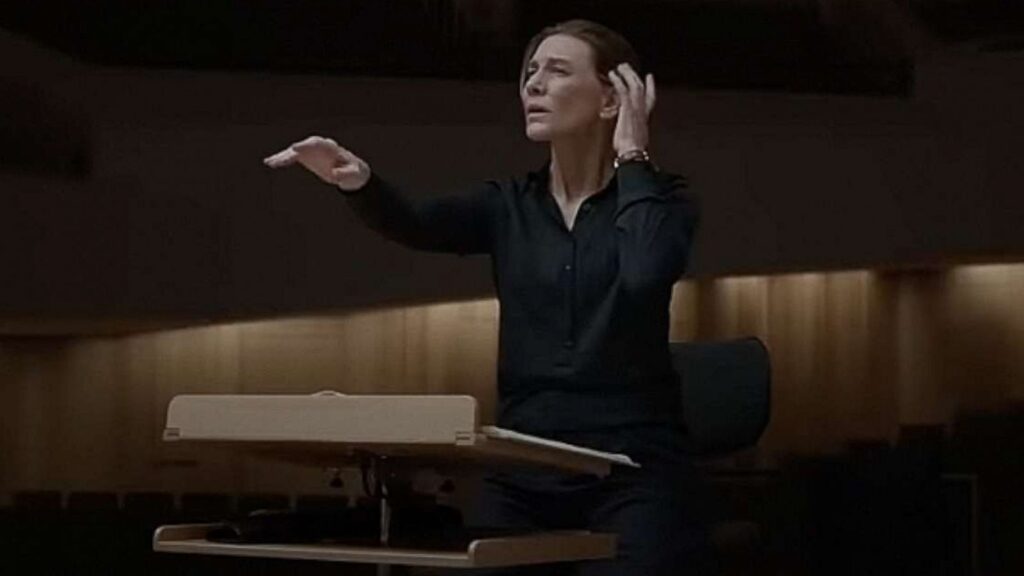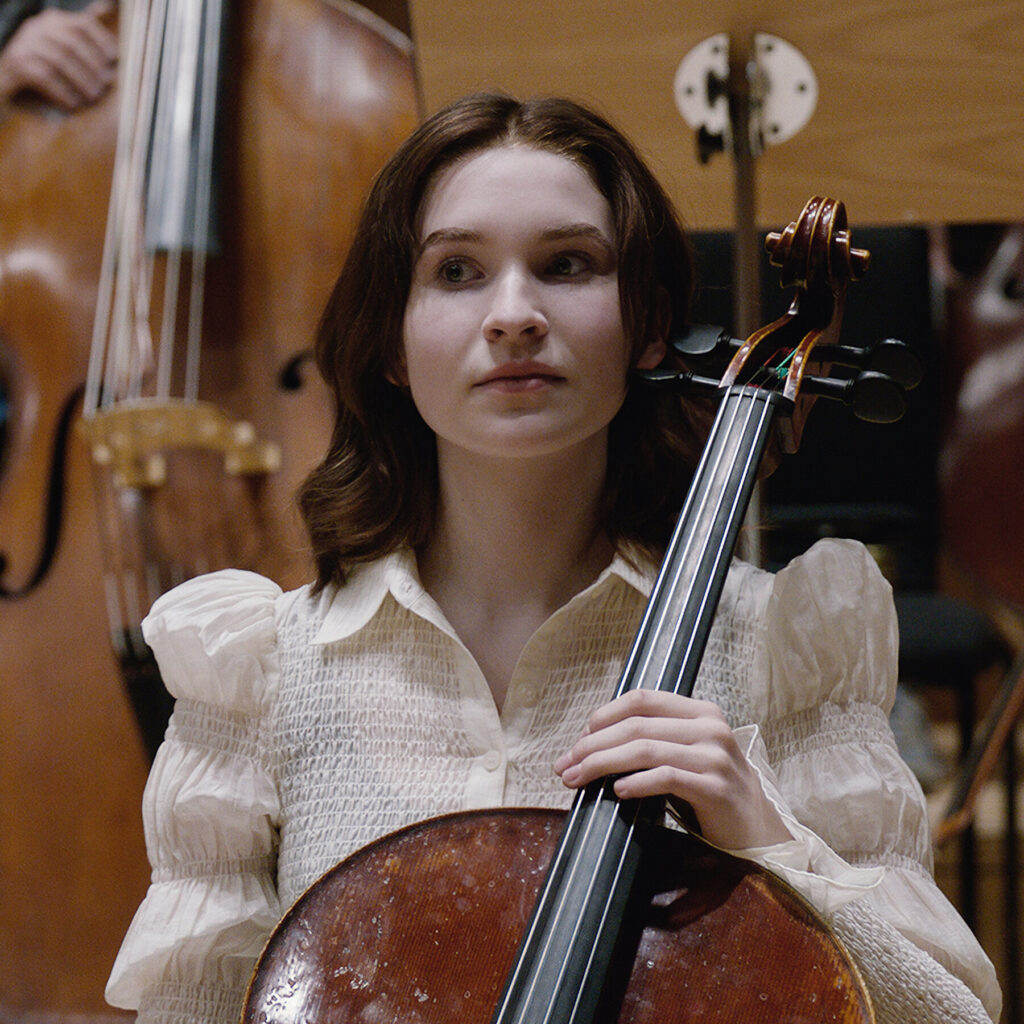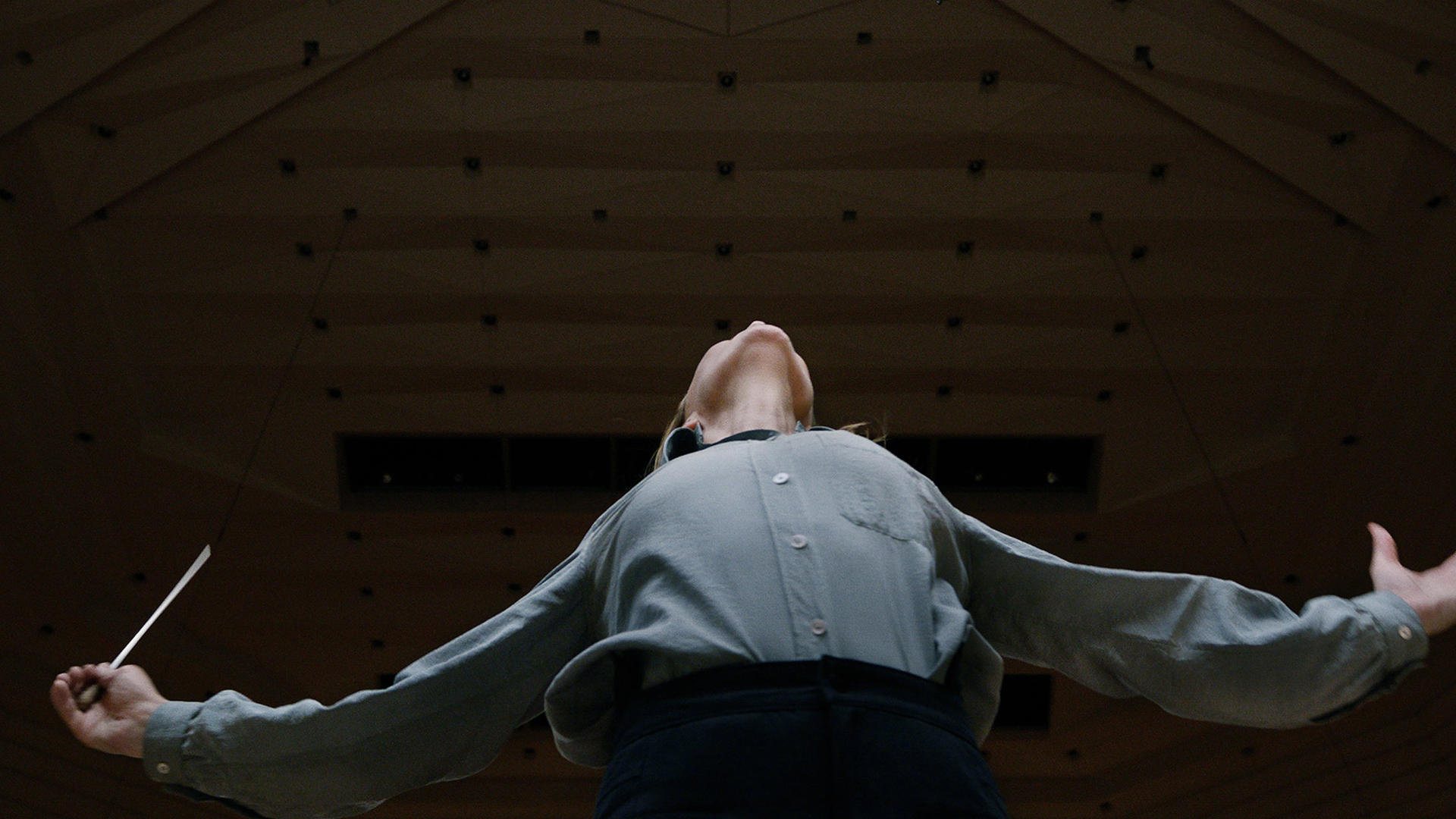TAR, directed by Todd Field, intricately examines the complexities of power, cancel culture, and media scrutiny through the life of Lydia Tár, a world-renowned conductor. The film delves into the rapid rise and swift fall of an individual whose unchecked authority and moral ambiguity ultimately lead to their downfall. Set against the backdrop of the classical music world, TAR highlights both the legitimate need for accountability and the potentially destructive forces of public judgment in the modern digital age.
This essay explores the portrayal of cancel culture, the role of the media, and the character of Lydia Tár, while also considering how the film would have been different if it solely focused on music and artistic expression. Through these lenses, we gain a deeper understanding of the film’s broader societal implications and its portrayal of personal and professional complexity.
Cancel Culture and Media Representation in TAR
Cancel culture is a central theme in TAR, and the film provides a nuanced exploration of this modern social phenomenon. Lydia Tár, once at the height of her career, faces allegations of abusing her power and engaging in unethical relationships with younger musicians in her orchestra. These accusations, which escalate following the suicide of her former protégé Krista, trigger a media storm that leads to her professional and personal unraveling.

The film portrays cancel culture as a double-edged sword: it is a mechanism for holding powerful figures accountable but can also lead to disproportionate public shaming. Tár’s fall from grace is swift, exacerbated by the relentless media scrutiny that amplifies the accusations against her, leaving little room for her defense. The media, particularly in the digital age, plays a significant role in shaping public perception, as news outlets, social media, and online platforms all contribute to the creation of a narrative that seals Tár’s fate.
The portrayal of cancel culture in TAR mirrors real-world situations where public figures have faced similar accusations, often leading to the loss of careers and reputations. The film critiques the speed at which public judgment can occur, especially in the age of social media, where the line between legitimate criticism and sensationalism can blur. In doing so, TAR raises important questions about accountability, redemption, and the complexities of navigating power in a world where public opinion can rapidly shift.
Character Analysis of Lydia Tár
Lydia Tár is a deeply complex character, embodying both brilliance and moral ambiguity. As one of the most celebrated conductors in the world, she is a symbol of authority in a field traditionally dominated by men. Tár commands immense respect for her artistic talent, but her character is also marked by a darker side: she manipulates and exploits those under her influence, particularly younger women in her orchestra.

Tár’s character is not portrayed as a straightforward villain but as a multifaceted individual whose flaws ultimately lead to her undoing. Her need for control, both in her professional and personal life, drives much of her behavior. As the accusations against her come to light, her once-unshakable confidence gives way to fear and paranoia, as she realizes that her career and reputation are collapsing.
Lydia Tár’s character is especially relevant in today’s discussions about power dynamics and accountability. Her story echoes real-life instances where prominent figures have been publicly called out for abusing their positions of authority. TAR presents Tár as a cautionary figure whose unchecked hubris and misuse of power have irreversible consequences, serving as a reflection of broader societal issues surrounding privilege, exploitation, and the consequences of moral failure.
What if TAR Were Solely a Music-Related Film?
If TAR were solely focused on music, the film’s narrative would shift from examining the ethical and social implications of Tár’s personal actions to highlighting the intricacies of her craft as a conductor. The story would likely focus more on the artistic genius required to lead an orchestra, the emotional depth of her interpretations of classical compositions, and the struggles of maintaining excellence in a highly demanding field. Instead of a moral downfall, the narrative arc could center on the sacrifices that Tár makes for her art, such as strained relationships, isolation, and the toll of pursuing perfection.
In this version, Lydia Tár would be depicted primarily as an artist, and her struggles would revolve around the challenges of balancing her professional life with her personal fulfillment. The exploration of her relationship with Mahler’s Symphony No. 5, a central piece in the film, would take on greater significance, with more focus on her intellectual connection to the music and the technical aspects of conducting.

The alternative film would highlight the demands of being a woman in a male-dominated field, but instead of focusing on her ethical shortcomings, it would explore the tension between ambition and personal sacrifice. In this narrative, Tár’s flaws could be framed as those of an artist struggling with the pursuit of perfection, rather than a figure facing the consequences of moral transgressions.
TAR is a rich and layered film that tackles themes of cancel culture, media scrutiny, and the abuse of power, using Lydia Tár’s character as a vehicle to explore these complexities. The film offers a nuanced portrayal of how quickly public figures can rise and fall in a world where accountability and the court of public opinion are increasingly intertwined. Lydia Tár’s story reflects real-world dynamics of power, privilege, and morality, serving as a cautionary tale about the dangers of unchecked authority.
If the film had solely focused on music, it would present a different but equally compelling narrative centered on the artistic challenges and personal sacrifices involved in Tár’s career. This alternate version would highlight the beauty and rigor of classical music, offering a more traditional exploration of artistic genius and the personal costs of such dedication.
Ultimately, whether viewed as a commentary on cancel culture or as a meditation on artistic brilliance, TAR challenges its audience to reflect on the complexities of human behavior, power, and the pursuit of excellence in the modern world.

Chaitanya Tuteja is someone who enjoys sharing his thoughts on books, movies, and shows. Based in India, he appreciates exploring different stories and offering honest reflections. When not reflecting on his favorite media, Chaitanya enjoys discovering new ideas and embracing life’s simple moments.

